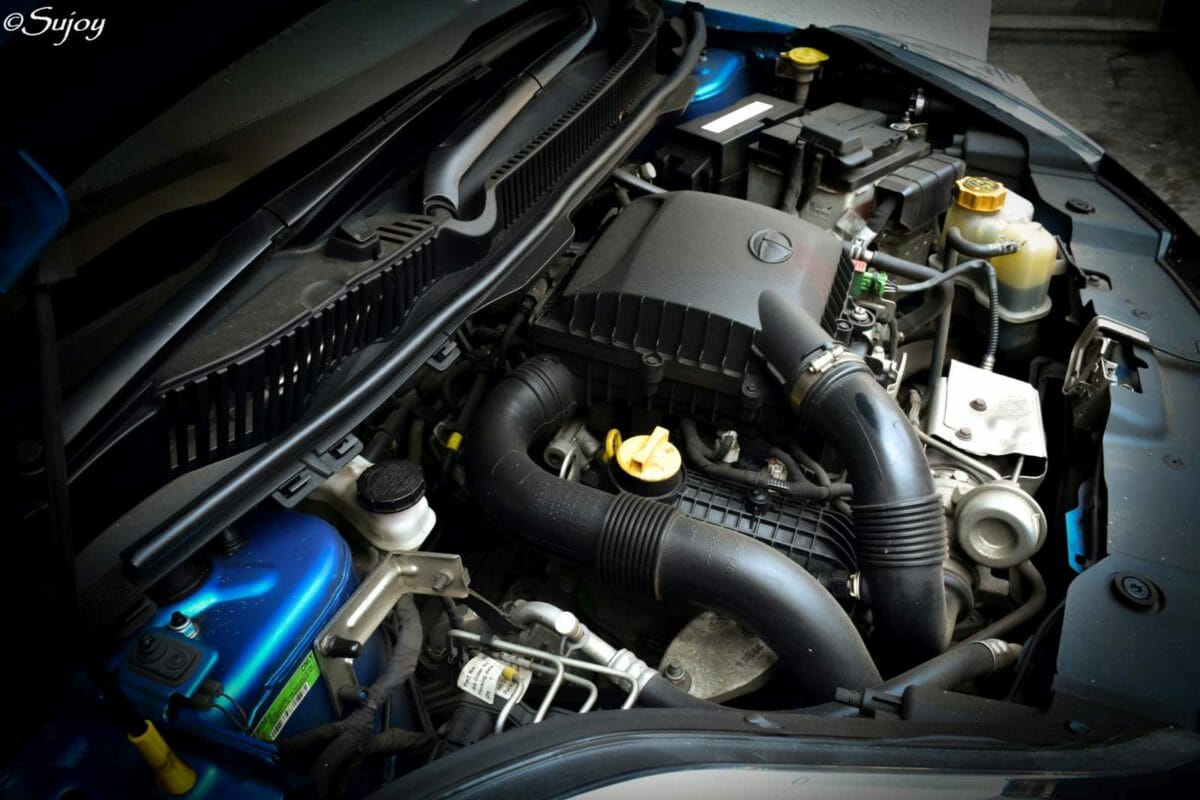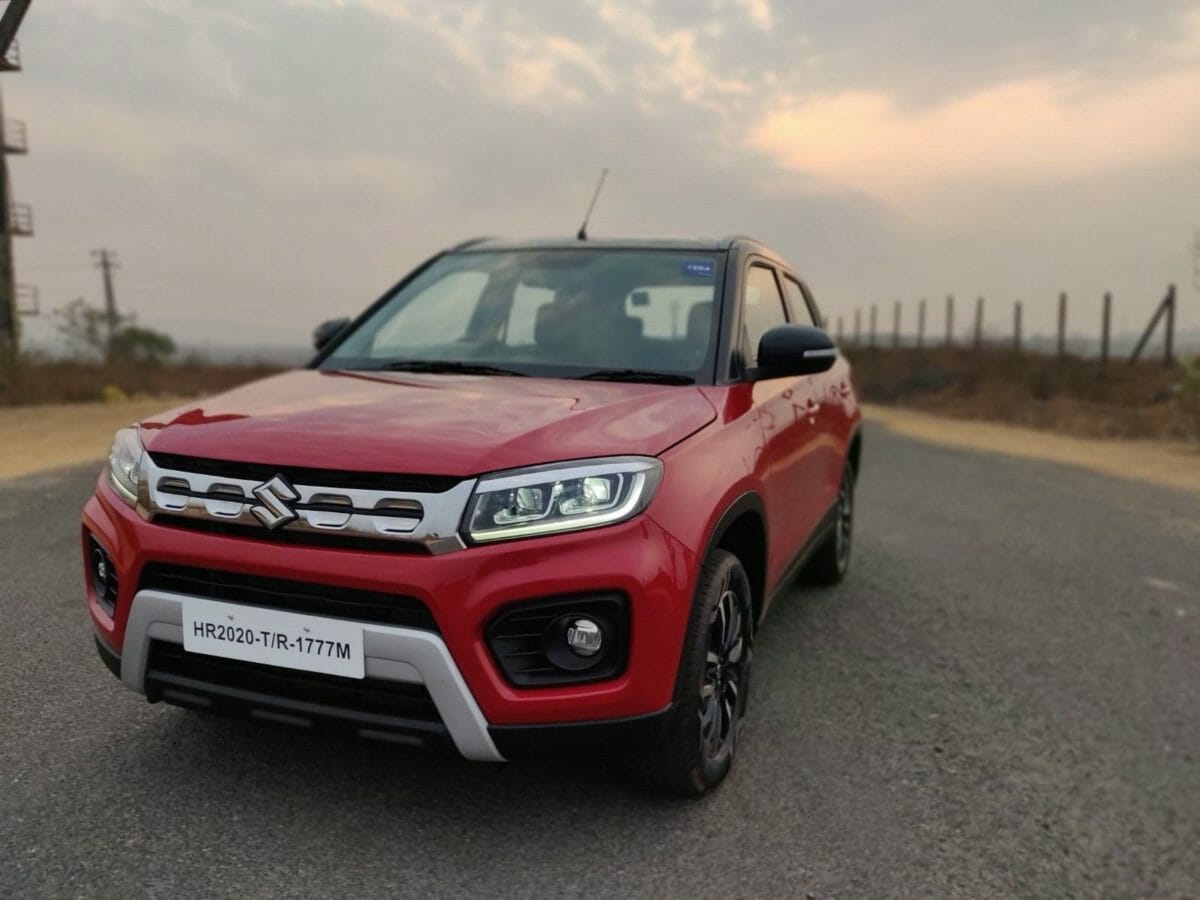Before small-capacity, turbocharged diesel engines were introduced to us, petrol-powered cars ruled to roost. However, with the arrival of motors like Fiat’s 1.3 Multijet and its adoption by the likes of Maruti Suzuki, diesel engines were in vogue for the longest time. The massive difference in price, unheard-of fuel economy, and punchy performance made diesel-powered cars the go-to choice over ones which sipped petrol. Fast forward to current times, from all the questions we answer every day about a new car purchase, we can definitely confirm, petrol power is making a comeback.
What’s causing the shift?
It all started last year, when market leader Maruti Suzuki, announced a complete exit from the diesel-powered business. Compounding the apprehensions of buyers about the future of diesel-powered cars is the fact that most manufacturers, except Hyundai, Honda and Ford, decided not to upgrade their entry-level motors to meet the new BS6 norms. What also added more grey to the clouds hovering above diesel engines was the fact that manufacturers had begun announcing last year itself that in the BS6 era, diesel cars will be substantially more expensive than their petrol-powered version. Like really expensive! So much so, they won’t make a strong business case for the manufacturer or offer themselves as value-for-money products to the customer anymore.
Also Read: India’s Only Hummer H1 Is Currently Being Upgraded In The U.S.
One would argue that those speculations were laid to rest when BS6-compliant diesel-powered cars were launched and surprisingly asked only a few thousand more than their BS4 versions. By that time though, the average consumer, thanks to hearsay and the internet, had already been informed that the future of diesel engines is uncertain, that the resale value will dwindle, finding spare parts in the future will be difficult, and that there must be a logical reason why someone like Maruti Suzuki is shying away from that space.
Adding to the current apprehensive approach towards diesel engines is the uncertainty about the Government’s policies related to scrappage, environmentally-conscious customers, and hushed rumours surrounding the usage of diesel cars in the near future in our excessively polluted cities. The incoming electric wave is also a major factor, where, going forward, if not fully-electric, at least hybrid tech is said to be making its way into most affordable cars.
What about diesel then? Should you be buying one? In our opinion, if you are going to keep your car for at least 5 years or more, your usage is on the higher side, if you feel at least some affinity towards motoring, and you don’t like the idea of revving an unexciting three-pot motor to the moon, a diesel-powered car still makes sense. Even if the difference in prices between petrol and diesel disappears, when driven like a normal person, a diesel engine will still be more efficient in terms of kilometres per litre while offering a punchy driving experience. For example, for a 1,000 kilometre-long drive, a petrol car will consume nearly twice the amount of fuel, compared to a diesel car, unless the driver has all the time in the world and coasts the car like a miser at every opportunity. Also, diesel-powered cars which comply with the new norms are as clean as they must be and if spares for something like the Fiat Palio can still be sourced easily, we’re talking about modern machinery here where the same components are shared between various models.


